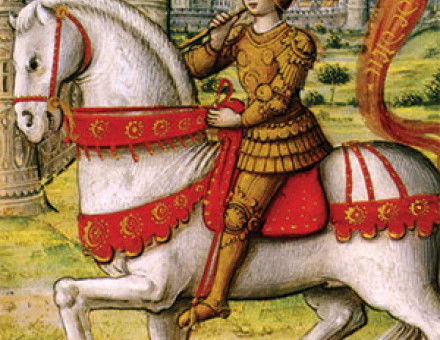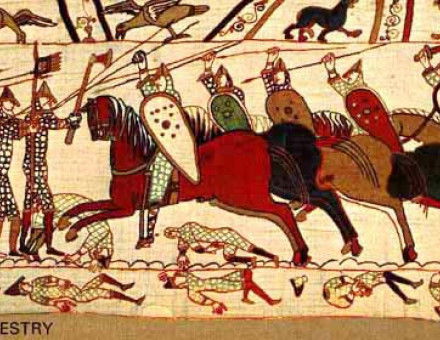The Hospital of the Holy Spirit
For seven-and-a-half centuries, Rome's Santo Spirito has remained an “oasis of security and peace." Its foundation on the site of an Anglo-Saxon hospice, Iris Origo writes, was inspired by the dream that visited an early thirteenth-century pontiff.




